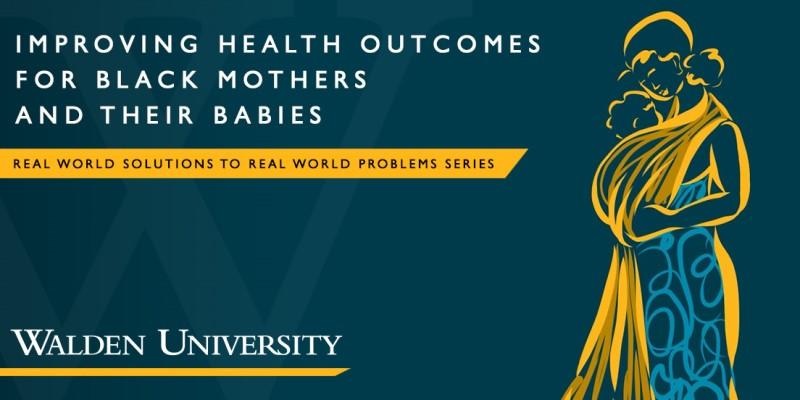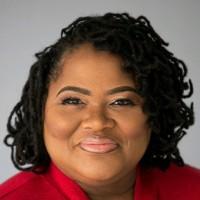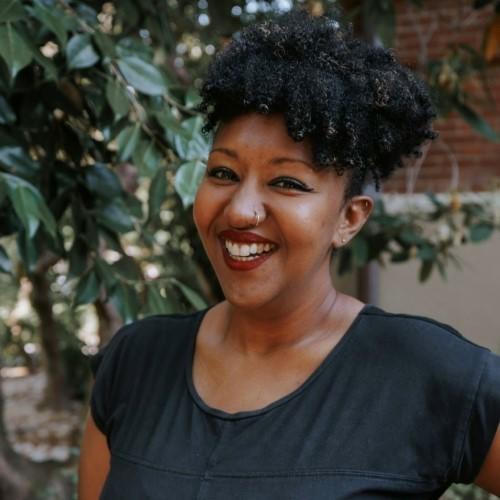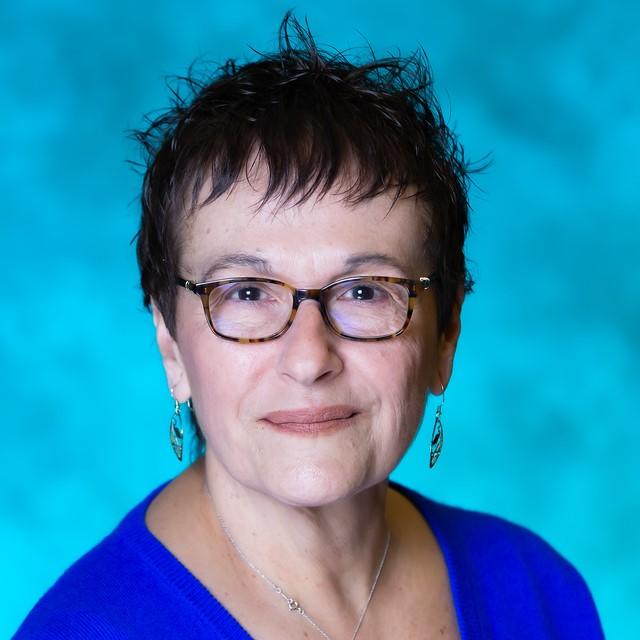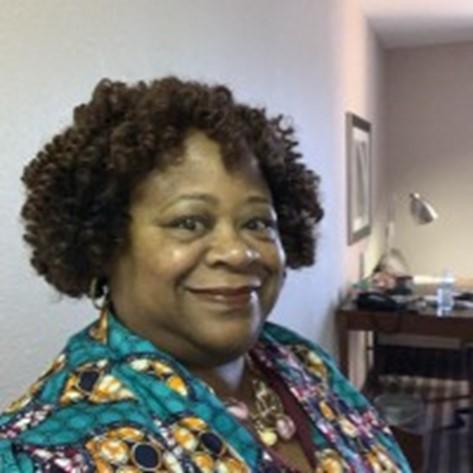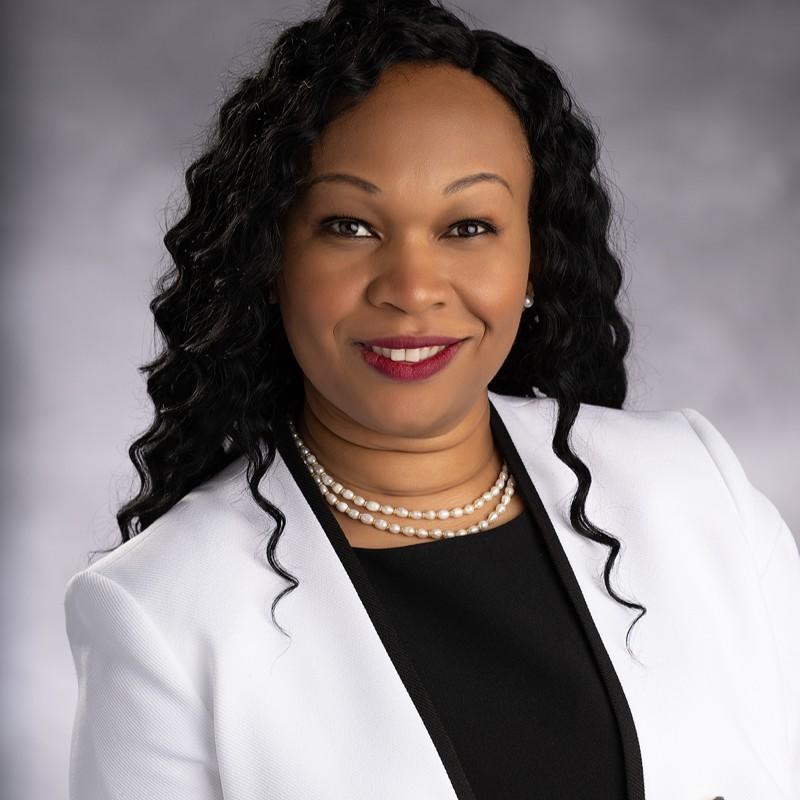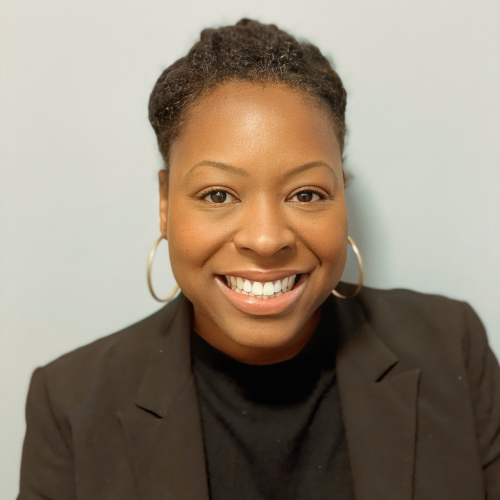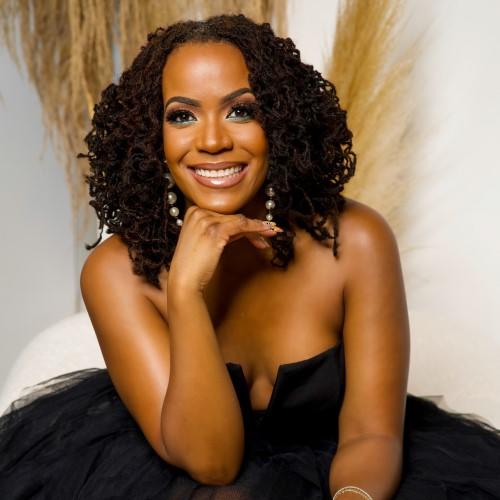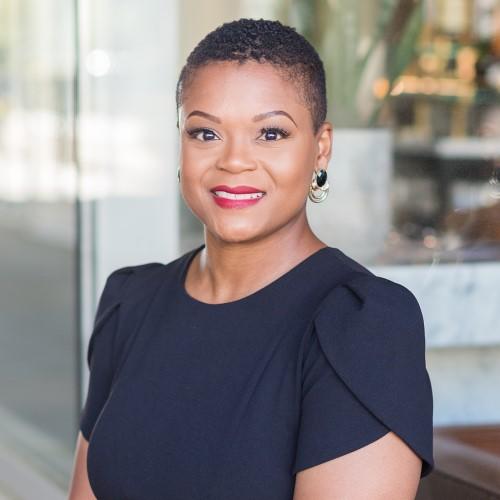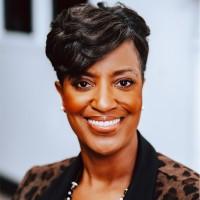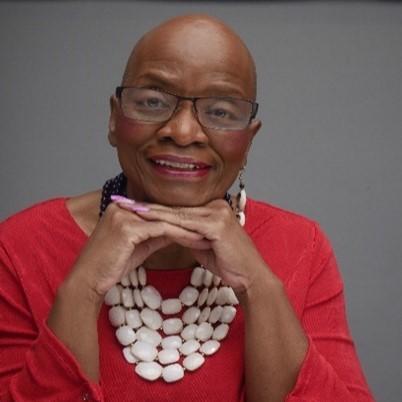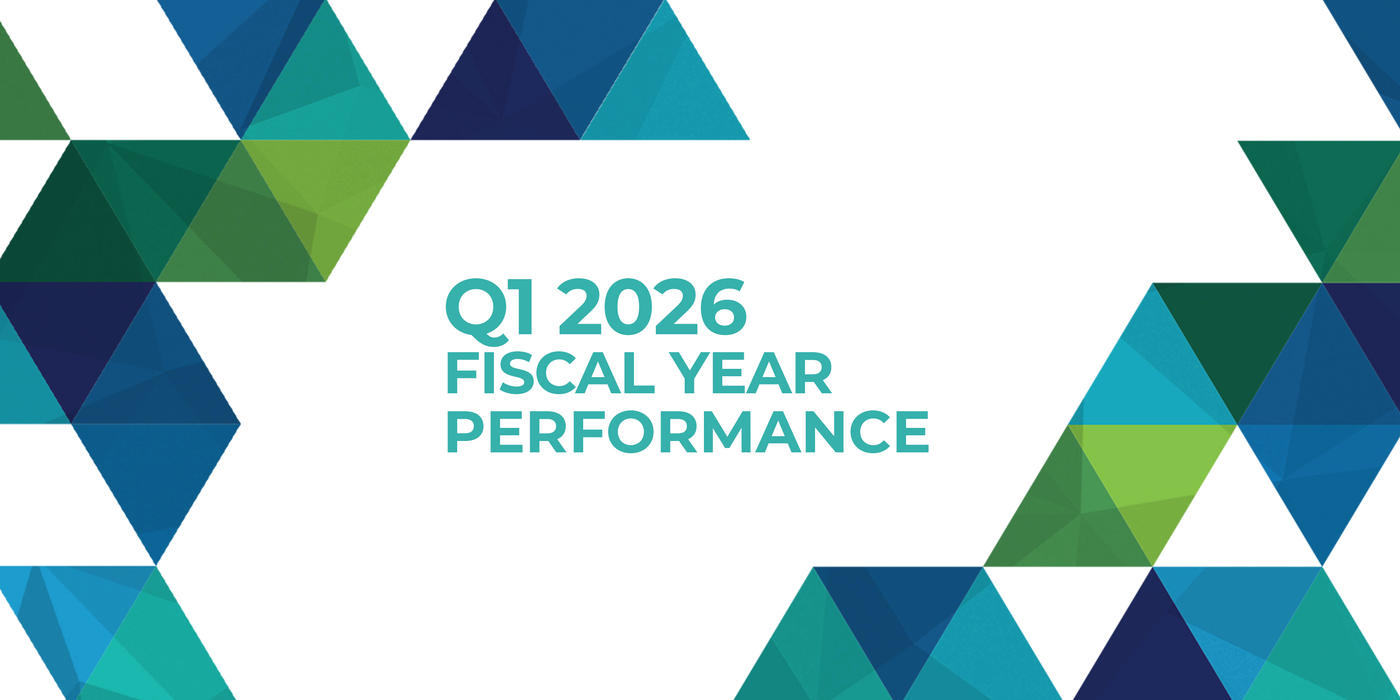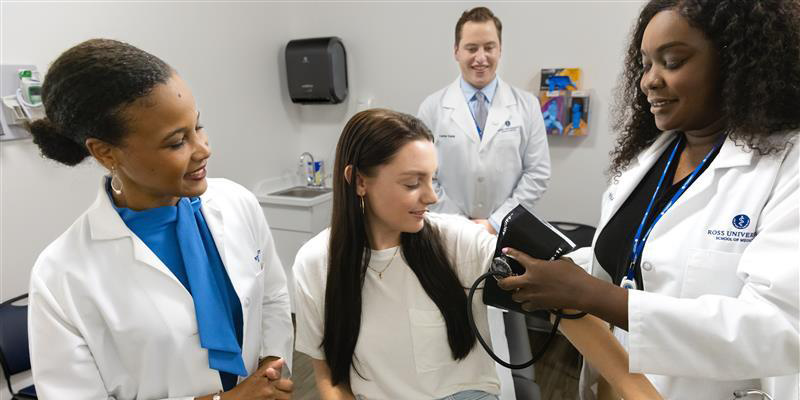Adtalem’s Walden University held a daylong conference on Black maternal health equity, and we captured key perspectives from the experts.
The statistics are stark. Black women are two to three times more likely than White women to die from pregnancy-related complications, according to the Centers for Disease Control and Prevention.
Names of those who died are in the news all too often. Krystal Anderson, former Kansas City Chiefs cheerleader. Tori Bowie, three-time Olympic gold-medal runner. Omari Maynard, who is featured in the documentary “Aftershock.”
During Black Maternal Health Week in April, Walden University, which is part of Adtalem Global Education, organized a daylong online conference to address this issue. “Black Maternal and Child Health: Improving Health Outcomes for Black Mothers and Their Babies” brought together scholars and practitioners from the university and outside organizations to advocate for social change on this pressing health equity issue.
Watch the archived webcast sessions.
Here are some of the key takeaways from participants.
1 - Listening to ‘Mommy Stories’ Is a Great Place to Start
LaToshia Rouse is the owner of Birth Sisters Doula Service and a research coordinator at UNC Health.
Saniyya Saxon is a new mom and a psychology major at North Carolina A&T.
“[Really be] honest about what you’re experiencing. Don’t hide it and don’t try to deal with it yourself, because of what you don’t understand. … Tell another mother or tell someone that’s close to you. Or … find an anonymous chat for you to just let everything on your chest off."
2 - You Need to Recognize the Full Scope of the Problem
Micknai Arefaine is the owner of Zu Gualay Consulting, which is dedicated to projects that address disparities in quality maternal and newborn health care.
“Our maternal health system is broken for everyone of all identities. So, what happens when you have people who are made more vulnerable by the systems of oppression, like Black folk, like trans and queer folk, like poor folk, like people who don’t have access to food security, right? That is now compounded. So, in any situation where you already have a system that isn’t working, the people who actually get the most affected by it are those who are at those intersections of other systems of oppression.”
3 - Healthcare Providers Need to Be Open
Dr. Dorothy Dulko is a nursing faculty member at Walden University.
“Being culturally humble, it’s knowing that maybe you don’t know everything, but you can listen to what someone’s experience is. And I’ve seen that from being a patient and a nurse practitioner. And I think it’s meeting someone where they are and listening to what they’re saying, because often the system of healthcare is very challenging. I’ve seen that in my own family, despite having someone in the family who’s a nurse.”
4 - Include Black Men in Maternal Health
Dr. Kimarie Bugg is CEO of Reaching Our Sisters Everywhere, a national nonprofit addressing breastfeeding inequities in the African American community.
5 - Telemedicine Expands Access
Dr. Nneka Chukwu is director of women and children’s services at Emmanuel Medical Center and associate professor in the University of San Francisco graduate nursing program.
“Telemedicine is now something that is being embraced. For mothers who live so far out and they don’t have access to get to their physicians because they live so far away, telemedicine is definitely something that can be offered to them. Everyone has a phone. But then the question is, is it being offered and are they being supported the way they’re supposed to?”
6 - Black Doulas Can Be Powerful Advocates
Dr. Shakila Flentroy is a faculty member in Walden University’s Barbara Solomon School of Social Work.
“Black doulas are there to not only educate Black women on their rights within the healthcare system when they’re hospitalized. They advocate for if their doctor or their nurse or any of the medical staff is not treating them right. You know, they do try to empower them. ‘Hey, you can get a new nurse. If something feels uncomfortable, you can get a new nurse.’ They advocate for them to remind them of their birthing plan. ‘Remember we said that? Remember you said that you actually didn’t want an epidural? What are some other options?’ … Black doulas are really a bridge to helping Black women make sure their voice is heard, which of course has been historically silenced.”
7 - Holistic Maternal-Child Care Must Be Comprehensive and Inclusive
Milan Spencer is associate director of workforce development and partnerships at Black Mamas Matter Alliance.
“It has to address your care, has to address gaps in care and ensure a continuity of care connection. It has to be affordable and accessible. It has to be confidential, safe, and trauma-informed. It has to ensure informed consent of the Black birthing people, their family. It has to be parent-centered and patient-led. It needs to be culturally informed and include traditional practices. It should be provided by culturally competent and culturally congruent providers. It should respect spirituality and spiritual health. It should honor and foster resilience. It should include the voices of all Black mamas. It should be responsive to the needs of all genders and family relationships. And lastly, it should provide wraparound services and connections to social services.”
8 - Funding Needs to be Sustainable for Projects and People
Dr. Nakeitra Burse is CEO and principal strategist at Six Dimensions, LLC, a public health agency based in Mississippi and focused on supporting better health outcomes by addressing systemic inequities.
“If we don’t have that continued funding … we’re starting all over again. That’s one of the biggest things. And especially for small organizations. Sometimes we may see state agencies or institutions that will eat up the funding. And then when it trickles down to the community, it is so little that we can’t do anything with it. We can’t maintain staff.
“And when we talk about sustainable funding, a part of this work is us being able to provide a living wage and to provide our staff members and team members with the resources that they need to do the work. And it’s heavy work. So, to give them a manageable load so that they can actually do what they love and then go home and … create a work-life balance.”
9 - Your Volunteer Hours Matter
Dr. Nutrena Tate is president and CEO of Brand Nu Consulting and associate professor of nursing at the University of Detroit Mercy.
“Enough volunteerism to go around for the huge need that we’re seeing in the community, I think it’s definitely one of the barriers that we face, and just having enough manpower or womanpower, for that matter, nursing power to educate and to make sure that we are addressing this need is one of the barriers that we are facing.”
10 - You Are the Solution, and There’s No Time to Waste
Dr. Renata Hedrington-Jones is a faculty member in the Walden University’s Barbara Solomon School of Social Work and vice president of the National Association of Black Social Workers.
For more information, email the Adtalem Global Communications Team: adtalemmedia@adtalem.com.

